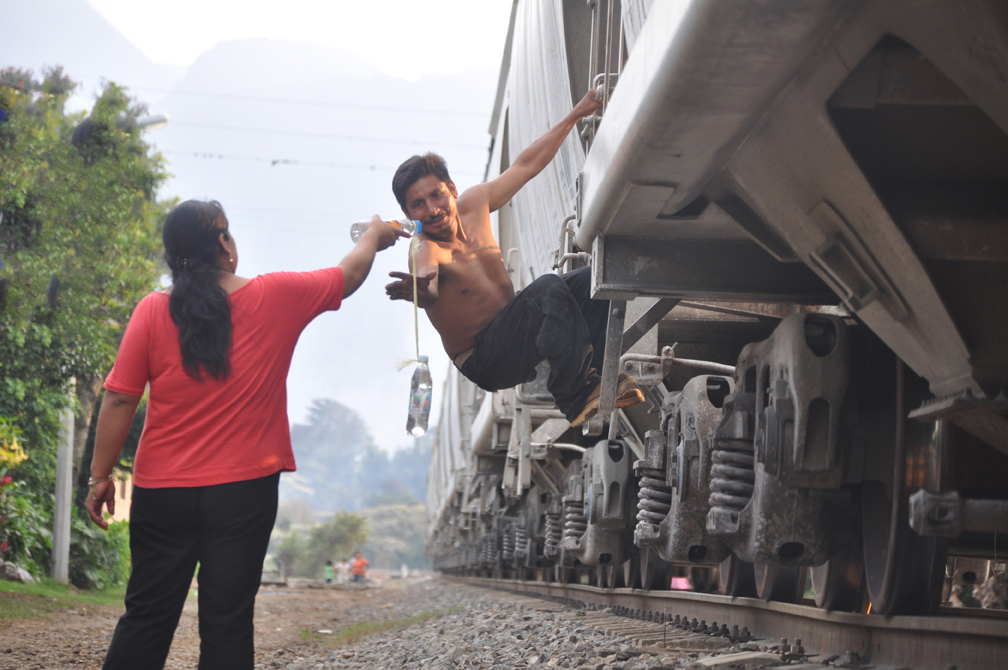
Las Patronas: A Lesson In Compassion
Twenty-five years ago, two sisters—Bernarda Romera Vázquez and Rosa Romera Vázquez—were walking past the tracks on their way home after buying some food for breakfast. A train passed by and migrants began calling, “Madre, I’m hungry.” Bernarda and Rosa reflexively tossed them their food. The sisters met with the rest of their family later that day and decided to start handing out food and water to migrants. They’ve been doing it every day since. In the beginning, the women—who aren’t paid and whom we would consider poor—donated and cooked all the food in their own houses. Now, much of the food is donated and they cook it in a small kitchen behind a stationery store, a short walk from a railroad crossing. There’s no way for the women to know how many people will be on the next train. They don’t even know when exactly the trains will pass by, or how many of them there will be. Nevertheless, they’re out there to greet each train that arrives—there can be as many as four a day—because, said Norma, Rosa and Bernarda’s sister, “Migrants might go two or three days without food, without water.” In July, 2014, the Mexican government implemented Plan Frontera Sur, a program that has kept many Central Americans off the trains. In response, Las Patronas built a small shelter to house people now walking through Mexico to the US.
